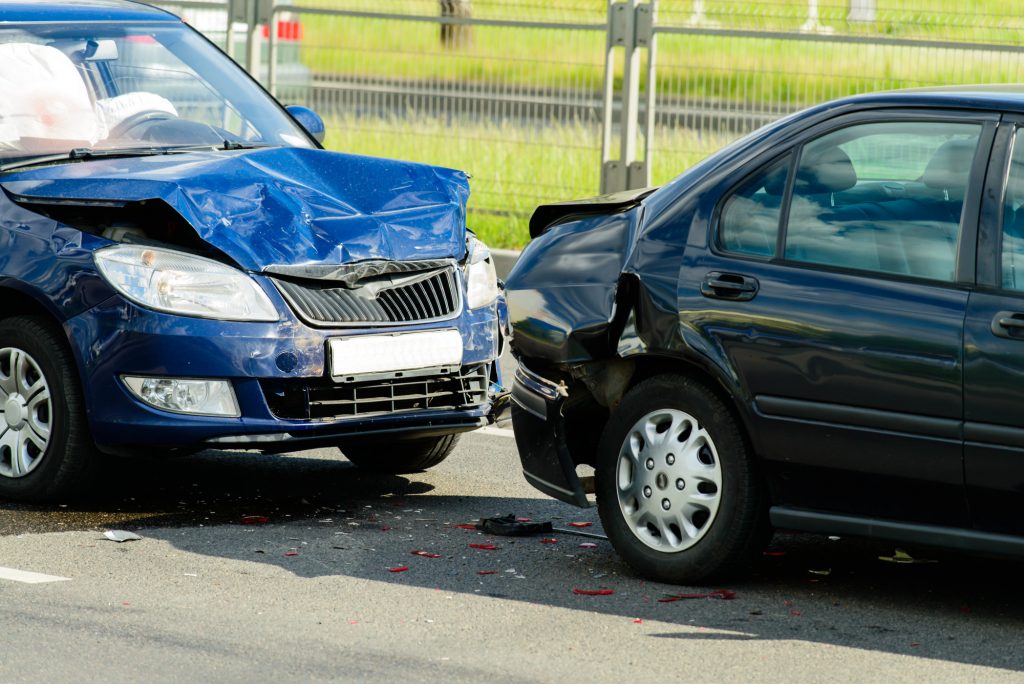
Automobile accidents change lives in an instant. Car accidents caused 4.5 million injuries in the United States in 2019. Medical expenses totaled 463 billion dollars.
Car accidents are so devastating that many myths have cropped up about them. They can make your life more disorientating than it needs to be.
What should you do if you suffer a minor injury? What are the laws relating to automobile insurance? How important is it to hire an accident lawyer, even after a minor crash?
Answer these questions, and you can expedite the difficult process of responding to a car accident. Here is your quick guide.
You Don’t Need Care for Minor Injuries
Most car accidents do not result in devastating injuries. Whiplash and headache are amongst the most common medical conditions after an accident.
But even slight pains can indicate significant problems. Whiplash can induce neurological deficits like reduced muscle strength. After one year, 90 percent of people with neurological deficits report feeling pain.
A headache could result from a whiplash or muscle strain. But it can also come from a concussion. A mild concussion can impair a child’s development and cause side effects like memory loss.
After an auto wreck, you need to go to your doctor. Focus on your head and neck and make sure you have no brain damage. If you have pain elsewhere, you should get an inspection for those places.
You Can Leave the Scene After a Small Accident
Law enforcement agencies take leaving the scene of an accident very seriously. A person that leaves the scene of a serious accident will face criminal penalties, including lengthy prison sentences.
If you witness an accident, you must go and attend to it. Talk to the people involved and help the injured with some basic first-aid steps. Call 911 and tell emergency responders to arrive on the scene.
If you were involved, exchange contact information with the other drivers. Document all of the cars involved in the collision and the surrounding scenes. Record your testimony with a timestamp.
Everyone involved in the accident should give statements to the police. They should then contact their insurance company and start making compensation claims.
Insurance Covers All Expenses
Even if you have comprehensive insurance, you can get denied compensation. Some states adopt a fault-based approach. You must prove that the other driver caused the accident for you to get money.
A company could modify your claim if you played any role in the accident. If you were ten percent at fault, they could decrease your compensation.
In general, companies try to pay as little as possible. They have no financial incentive to cover all of your damages. You may need to file a lawsuit to get additional money.
All Drivers Have Insurance
Nearly all states require drivers to have insurance. But New Hampshire and Virginia residents are not required to.
Each state has its own requirements for the minimum insurance that drivers can buy. Many drivers buy the minimum and nothing else. If you get into an accident that totals your car, it may be hard to get more compensation.
The law may require insurance, but drivers may violate the law. Some repeat traffic offenders go without insurance because rates are too high for them.
Research the laws of neighboring states when you drive through them. Make sure you know what you can claim and what you must pay if you get into an accident.
Rear-End Crashes Are the Back Driver’s Fault
Most rear-end crashes are primarily the back driver’s fault. But your insurer may find that you were at fault to an extent.
You may have stopped too soon, or you were driving too slowly. You may have cut off the back driver while you were turning or merging. A third party may have played a role.
You must get evidence that the back driver was at fault. Surveillance or dashcam footage is invaluable. Physical evidence from the scene, like tire marks, can also help.
Make sure you know how to handle a fender-bender or rear-end accident. View this complete guide for how to manage one.
You Don’t Need a Lawyer for a Minor Auto Collision
You may get into an accident that causes no apparent damage. But even a minor accident can damage your suspension.
You may get all of the compensation you ask for. But you may need more money. If you have chronic pain, you can expect to pay medical bills for years to come.
You should get a lawyer after an accident you are involved in. You don’t have to hire them just yet.
Schedule an initial consultation and see what they have to say about your accident. Many lawyers are happy to advise on how to talk to insurers or other drivers. If they feel you have a case, they will tell you that and offer their services.
Avoid representing yourself in a civil case. Talking about your own accident will be difficult. Get a lawyer who wasn’t involved and have them argue on your behalf.
Fight the Myths About Automobile Accidents
You deserve the truth about automobile accidents. You should get help with any injury an accident gives you. Call for an ambulance and have your doctor examine your brain and neck.
Stay on the scene and get the contact information of all parties. Call your insurer and get as much compensation as possible. Never assume the other driver has insurance.
Prove that the other driver was responsible. When in doubt, hire a lawyer who will defend your case. Arrange a consultation and get their input.
Don’t let car myths confuse you. Follow our coverage for more car guides.




